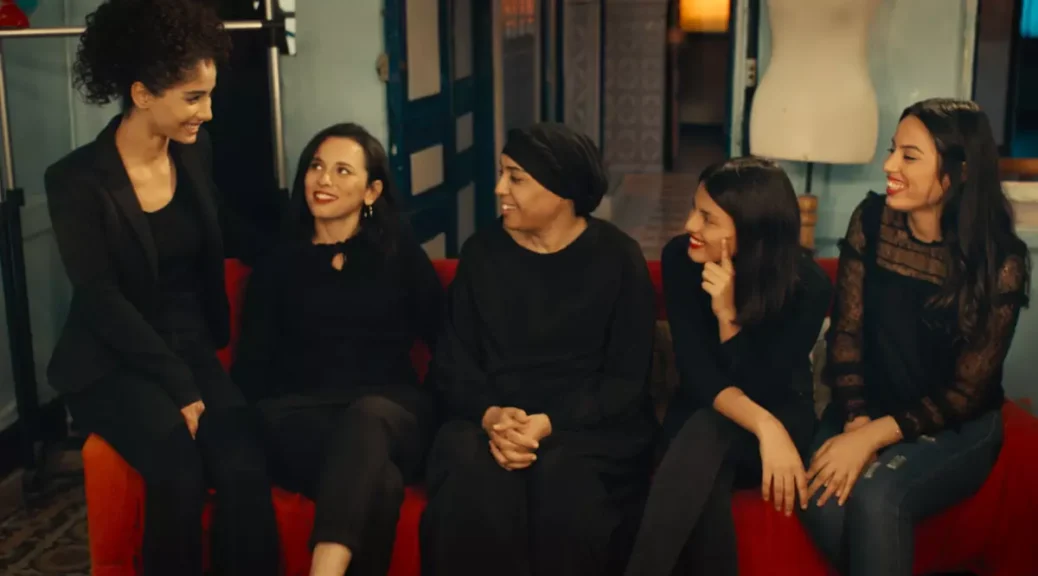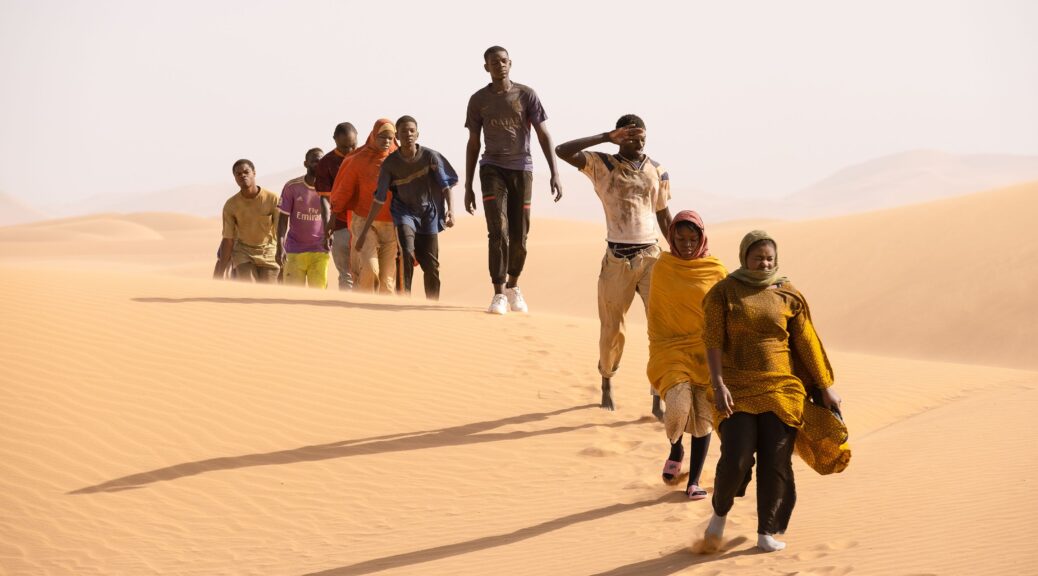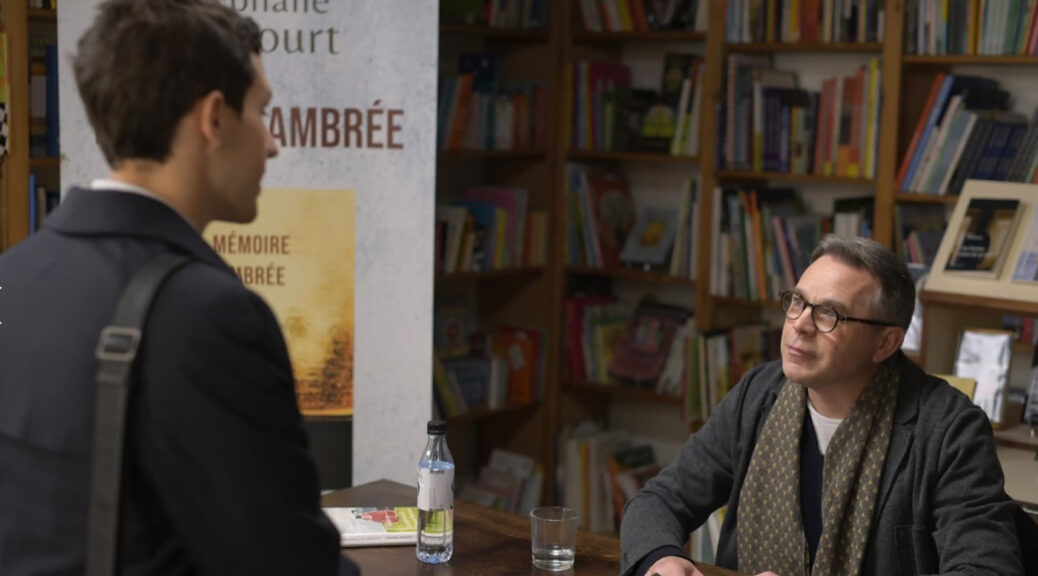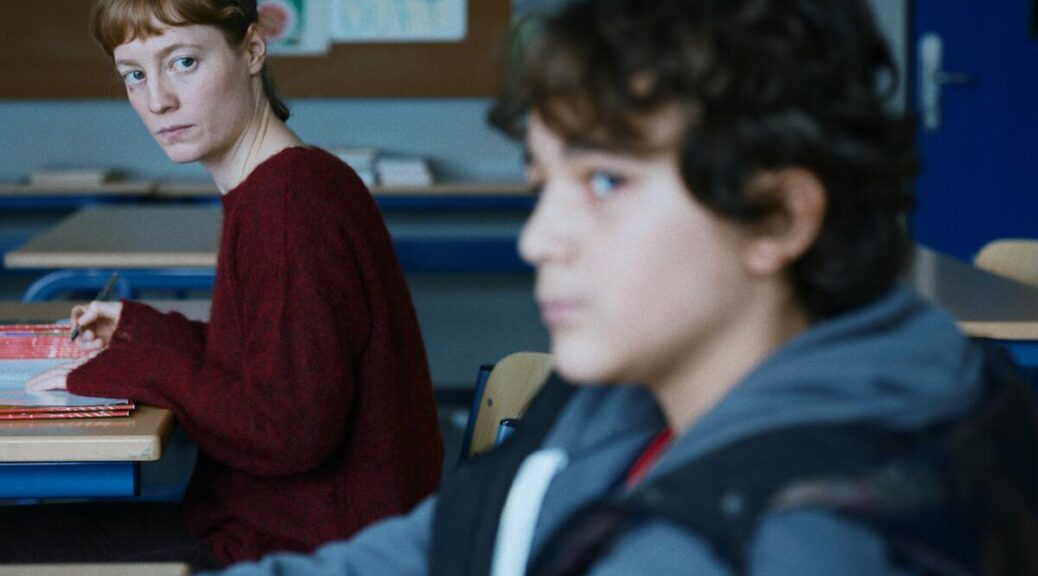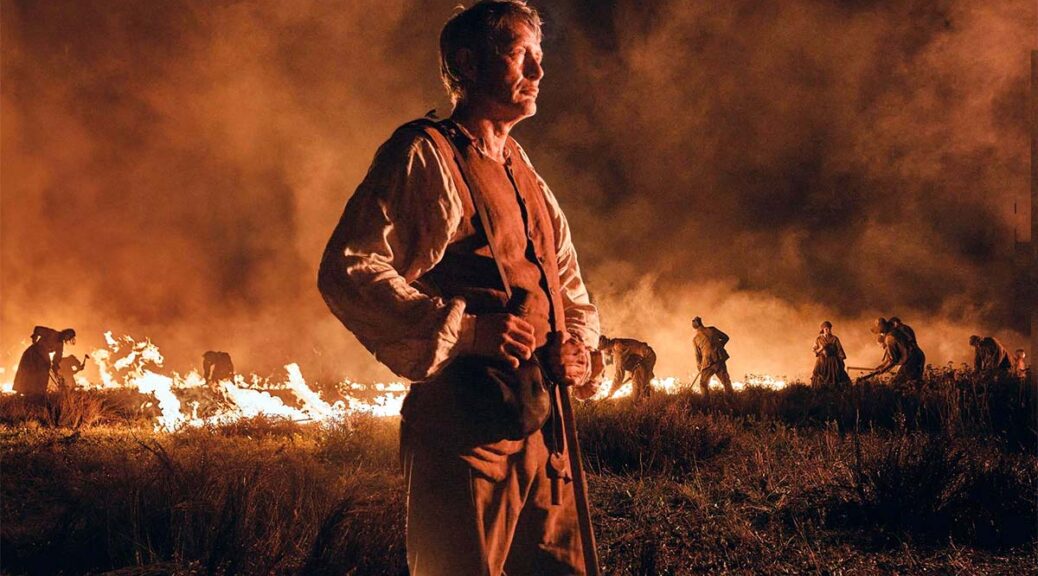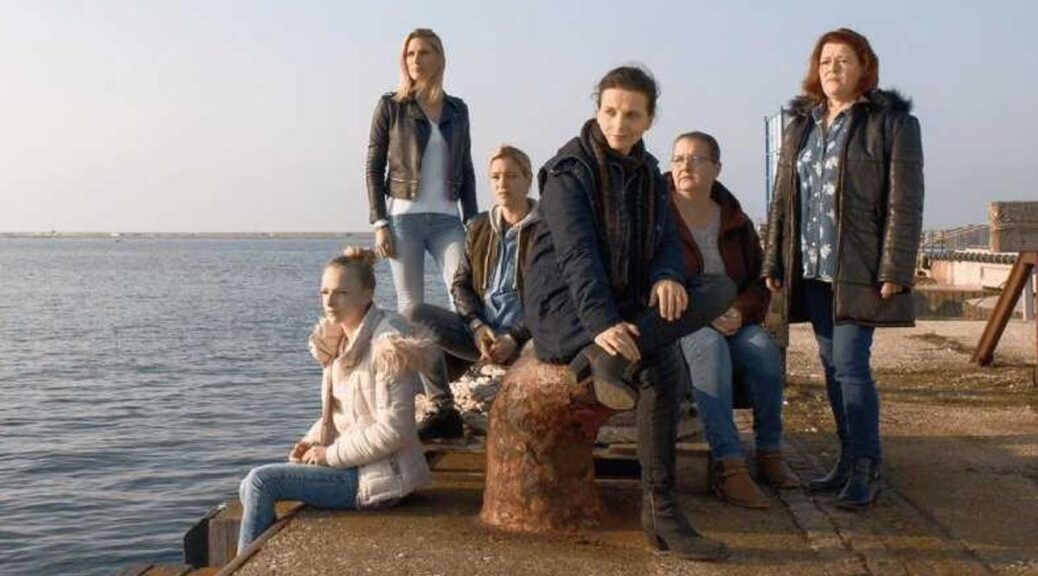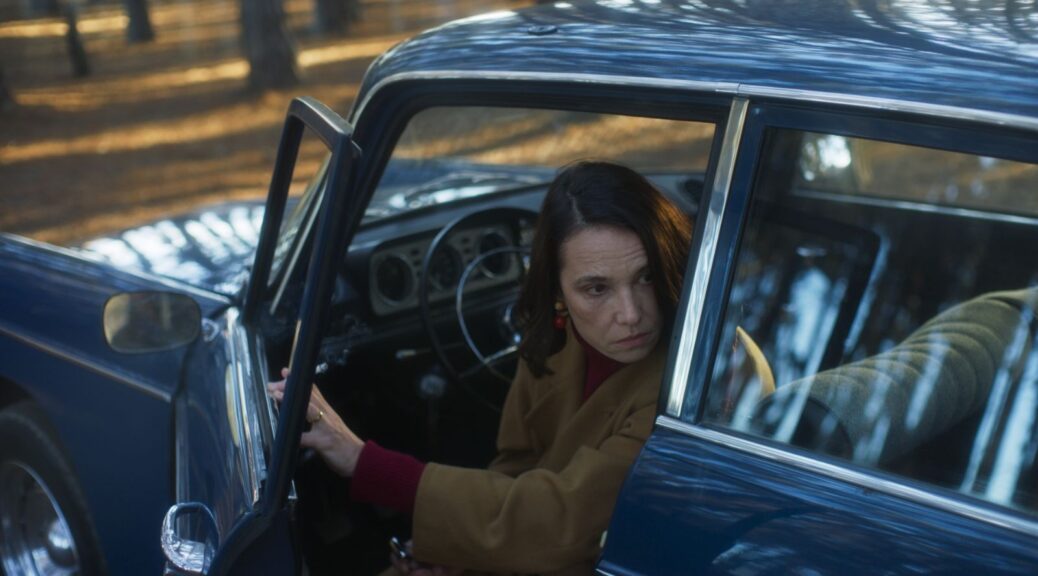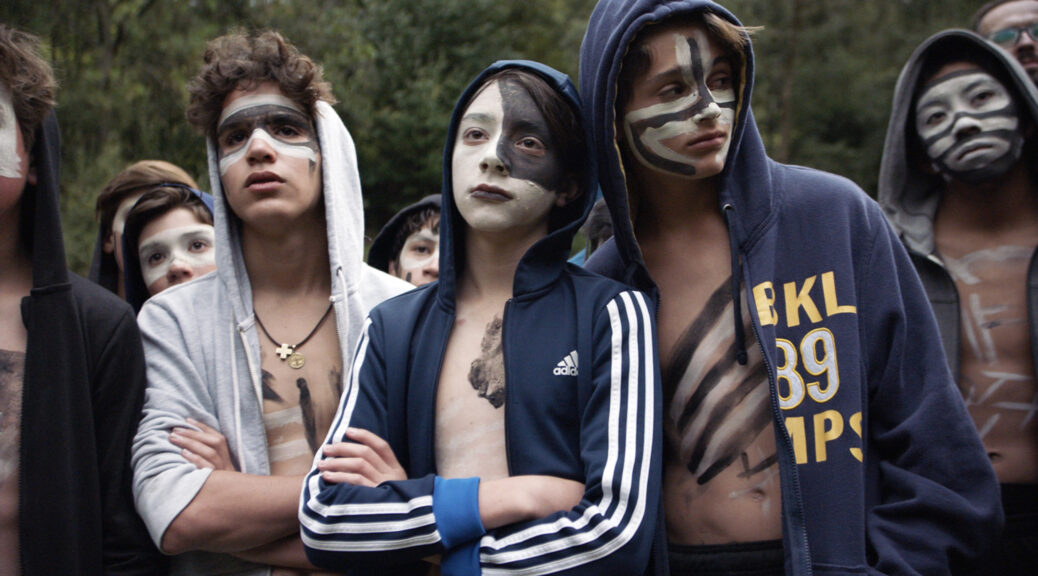Four Daughters
by George Wolf
The Oscar-nominated documentary Four Daughters tells the story of Olfa Hamrouni and her four girls. The two youngest, Eya and Tassir, still live at home and speak for themselves. The eldest, Rahma and Ghoframe, are played by actors (Nour Karoui, Ichrak Matar) as the real sisters “were devoured by the wolf.”
Yes, it is a metaphor, one that Tunisian writer/director Kaouther Ben Hania explores with a deeply sympathetic mix of doc and drama.
Most of the time, Olfa will tell her own story while veteran actress Hind Sabri stands by, ready to step in and play the role when the emotion is too much for Olfa to bear.
Mother and daughters laugh, cry and bicker as we hear of their life in the patriarchal society of Tunisia. Olfa moves between gregarious and reserved, as capable of flashing a strong defiant streak as she is of handing down oppressive customs because “that’s just the way it is.”
And as Ben Hania slowly moves toward the source of the family’s heartbreak, the film’s many moving parts don’t always engage in perfect sync. The subtle aspects of Ben Hania’s reenactments – such as having actor Majd Mastoura play all the male parts, or the surreal interplay between real sister and stand in – pay dividends. But moments when actor and subject go off script to debate the familial choices can begin to blur unfortunate lines.
The staggering 2012 doc The Act of Killing used similar tactics, but the arc of barbaric murderers recreating their genocidal crimes mined insight from intimacy. Here, the staged production of pain spurs questions about when intimacy becomes exploitation.
Ben Hania wisely travels a more conventional road in the film’s third act. The reason for the elder sisters leaving home becomes clear, and Four Daughters leaves its unique mark.. A compelling, touching story of memory and generational trauma, it’s a heartbreaking roadmap to radicalization marked with a family’s despair.
